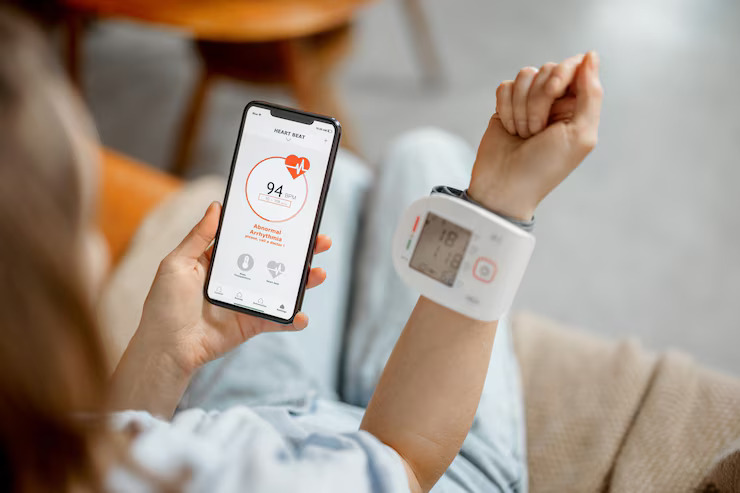Our Review of the New FDA Draft Guidance
Decentralized clinical trials (DCTs) have become increasingly popular in recent years due to their potential to increase patient access and reduce the burden of participating in clinical trials. In response to this trend, the US Food & Drug Administration (FDA) has issued new guidance on the use of DCTs for drugs, biological products and medical devices.
The FDA defines DCTs as “clinical trials in which some or all aspects of the trial are conducted at a site or sites other than the sites where the patients are located, using technology to collect and evaluate data remotely.” This can include virtual visits, remote patient monitoring and the use of wearable devices to collect data.
The new guidance, titled “Decentralized Clinical Trials for Drugs and Biological Products,” provides recommendations for the use of DCTs in clinical trials, including considerations for study design, data collection and oversight.
One key recommendation is to develop a decentralized clinical trial plan that outlines the study design, the technology to be used and the roles and responsibilities of the study team. This plan should also include a risk assessment and mitigation plant to address any potential issues related to data quality, patient safety or regulatory compliance.
The guidance also emphasizes the importance of informed consent in DCTs. Patients must be fully-informed about the study and their participation in it, including any potential risks and benefits. In addition, the guidance recommends that sponsors use technology to facilitate informed consent, such as video or telehealth visits.
The use of remote monitoring is also discussed in the guidance. Sponsors are encouraged to use technology to monitor patients remotely and collect data in real-time, which can help identify potential safety issues early on. However, the guidance notes that remote patient monitoring should not replace on-site/in-person visits entirely, and sponsors should establish a plan for in-person visits (on-site or at home) as needed.
The guidance also provides recommendations for the use of wearable devices and other technology in DCTs. Sponsors should ensure that the devices are accurate, reliable and secure—and that the patients are trained on their use. Additionally, sponsors should establish protocols for handling and analyzing data from these devices.
The FDA Requested Feedback and We Answered
It is important to note that the patient journey and their overall experience is missing from this draft guidance entirely. Delve Health has taken the initiative and submitted a comment, as encouraged by the FDA, highlighting our position that it is imperative that we listen to patients in order to meet their needs, allowing them choices as to how they are treated and cared for. Clinical researcher professionals should be asking how patients would like to participate in a study, to ensure they fully understand the commitment they are making as a part of the informed consent process. While we are champions of decentralized clinical trials (DCTs) as a general principle, we also know that it is not the perfect option for every person or even applicable to every study.
It is important to offer options (i.e., virtual, hybrid, or traditional trials) to patients so they are more satisfied with their care and therefore engaged and more likely to successfully complete the study. Innovative technology solutions, like wearable technology, generally reduce the patient burden because of their ability to design around the patient’s lifestyle v. making the patient re-arrange their life commitments to participate; however, to truly be “patient-centric” they have to choose the best option to participate for them.
Technology Solutions are the Future of Clinical Trials
Overall, the FDA’s new guidance on decentralized clinical trials reflects the growing interest in this approach to clinical research. By providing recommendations for study design, data collection and oversight, the guidance aims to ensure that DCTs are conducted in a safe and effective manner that protects the rights and welfare of study participants.
Delve Health has been at the forefront of this “digital movement” since 2016 and can help you navigate through this new territory. This recent FDA guidance proves that innovative technology solutions, like our Clinical StudyPal, are the “new normal” in conducting clinical trials in the future. Implementing wearable devices and other smart technologies allow for a more patient-centric design of clinical studies—reducing the patient’s burden while increasing patient compliance. Higher retention rates and automated workflows not only increase the efficiency of a clinical study’s team, but it also decreases operational costs.
If you would like to learn more about Delve Health’s technology platform and the eClinical solutions it provides to ensure patient satisfaction and a successful completion of your study, please schedule a demo with us here.













